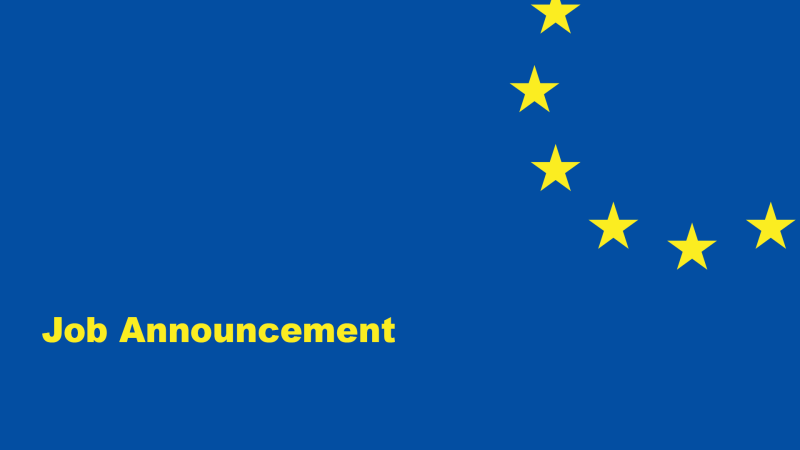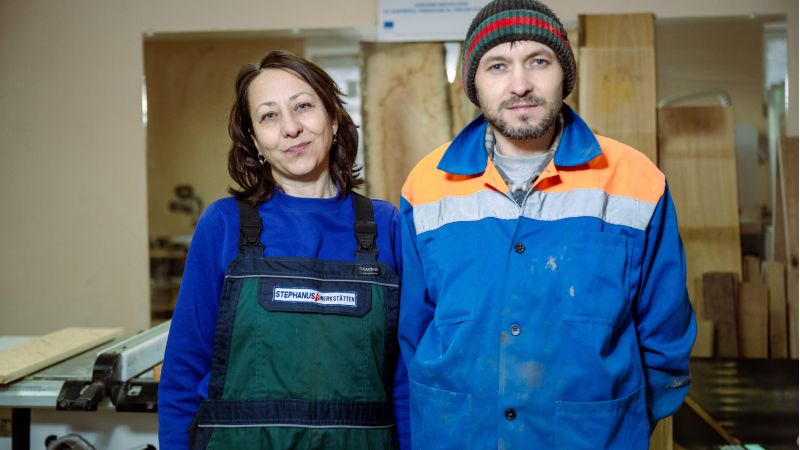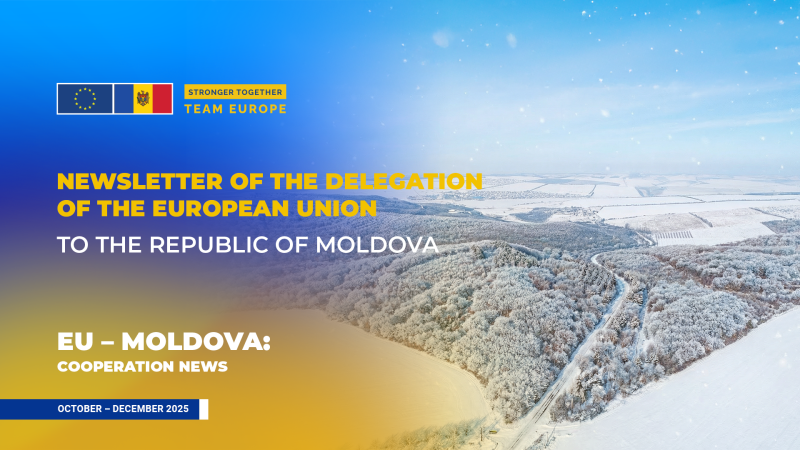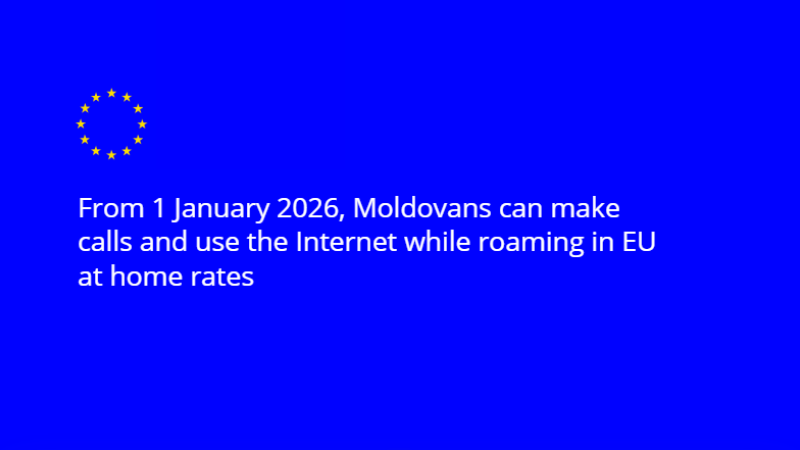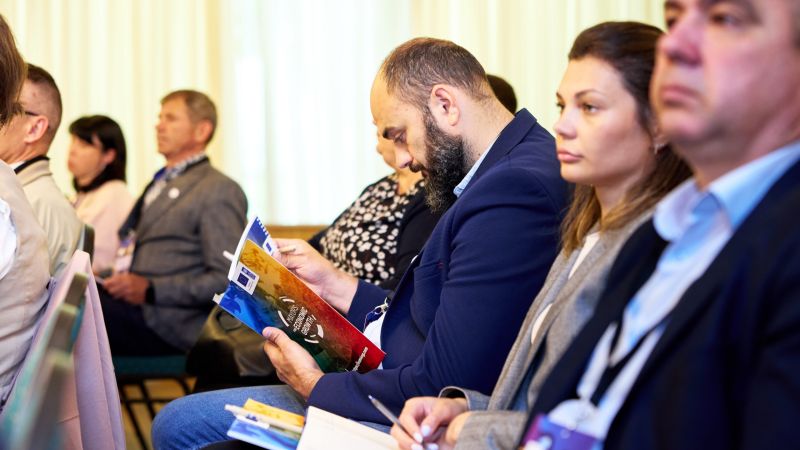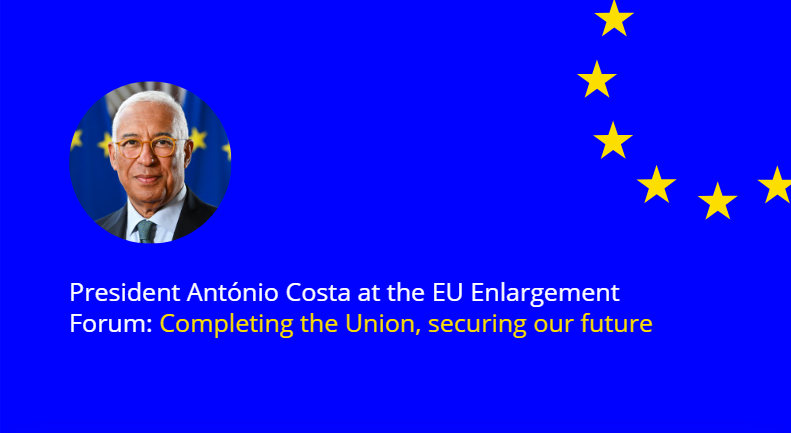
Speech by President António Costa at the EU Enlargement Forum 2025
It is an honor to speak to you today about a subject that I consider one of the European Union’s most urgent and transformative priorities: enlargement. Since the first days of my mandate as President of the European Council, I have made it a top priority. On 1 December, I began my mandate in Ukraine, and just two days later, I met with all Western Balkans leaders here in Brussels. It is a priority I deeply believe in.
In a world marked by geopolitical uncertainty and economic instability, an enlarged European Union means a stronger, safer, and more peaceful Europe at home and abroad. In today’s multipolar world, only a stronger and united European Union is prepared to defend its interests and values, especially when facing the growing influence of China and Russia.
In this multipolar world, only a reliable and predictable European Union, with a network of partners, will be able to enhance its influence and defend the international rules-based order. The next enlargement, to Ukraine, to Moldova and to the Western Balkans, is crucial for strengthening our Union as a geopolitical player.
As Europe’s most visionary grand strategy, enlargement is the best investment we can make today for the future of Europe. It strengthens democracy and the rule of law. It expands our space of shared values, shared prosperity, and shared responsibility. The progress we have made over the years has not only helped our new members but has also enhanced the European Union’s resilience.
Today, despite the war on our continent and the return of geopolitical rivalries, we are witnessing a renewed momentum in Europe’s enlargement. In fact, enlargement is now moving faster than it has in the last 15 years. If you have read this year’s enlargement report, I am sure you have noticed a key sentence: “This is the first Commission mandate since 2010-2014 where enlargement is a realistic possibility.” And this, ladies and gentlemen, is our objective – my objective – for the coming years. Ukraine, Moldova, and the Western Balkan countries belong in the European Union.
In 2025, we saw substantial progress in the enlargement process. Montenegro has made the most progress and, if they continue their reform efforts with the same intensity, they are on track to close negotiations by 2026. And I believe that Montenegro can be the “28 at 28”.
Albania has also put in a huge amount of work and has greatly accelerated progress in its path to closing the accession negotiations by the end of 2027. Ukraine – a country at war – and Moldova facing repeated attacks on its democracy and sovereignty, have, in the course of one year, completed the screening of the acquis by the Commission – at record speed. I believe that the success of one of those two countries moving forward will also be a success for the other.
Serbia has committed to implementing significant reforms in the coming weeks in areas like audiovisual media policy and energy, and further alignment with European Union’s Common Foreign and Security Policy. Also, Bosnia and Herzegovina and North Macedonia can still make progress until the end of the year.And three years after the submission of a membership application, Kosovo should get a positive signal.
We cannot overlook the political and geostrategic imperative of enlargement. As we face external threats, particularly from Russia, the alignment of our candidates with the European Union’s common foreign and security policy is key to ensuring that our values are shared and upheld. This is not just an economic partnership, it’s a strategic one, reinforcing our collective security and global influence. Western Balkan countries and the European Union have seen concrete benefits from this process.
The Growth Plans for the Western Balkans and Moldova, worth up to €8 billion, are already improving the lives of people on the ground. From joining the Single Euro Payments Area, to reducing border waiting times, to expanding digital networks, these measures are delivering immediate results. And, starting in January 2026, Moldova and Ukraine will join the European Union’s free-roaming zone, making travel and communication across the continent more affordable for their citizens.
Over the last 20 years, the European Union’s previous enlargements have added over 100 million people to our Union, boosting our economy by over €2 trillion. Countries that joined since 2004 have more than doubled their economies, with new European Union members creating 26 million new jobs, over 6 million of those jobs in new member states. This proves that each enlargement has made our Union stronger, economically and politically.
Enlargement is not just an abstract ambition; it is a transformational process. It is not a distant dream, but a realistic possibility in the coming years. But to make enlargement a reality, we must do two things simultaneously. First, we need to continue with reforms in our candidate countries, ensuring they meet the European Union’s high standards on democracy, rule of law, and fundamental rights, as reflected in our merit-based approach. And merit-based means exactly that – an accession process evaluated only by Copenhagen criteria, and nothing else. It is not acceptable to continue blocking the accession of some member states for different reasons other than a merit-based approach.
At the same time, the European Union itself must prepare to accommodate new members. This means addressing our own internal challenges and ensuring that we can effectively integrate new members while continuing to function and develop as a cohesive Union. We must allow candidate countries and the European Commission to work together and then evaluate the results in the appropriate moment.
The Granada Declaration outlines the importance of ensuring that the European Union’s capacity to enlarge does not undermine its ability to function. Internal reforms will be needed, including adjusting the Multiannual Financial Framework to support the enlargement process and the necessary infrastructure for new members.
As we expand, we must also ensure that Accession Treaties contain stronger safeguards against backsliding on the commitments made during negotiations. We need to learn from our own experience. Upholding the principles of democracy, human rights, and the rule of law is non-negotiable. Enlargement is not just about adding more countries. It is about strengthening our Union by ensuring that all members are fully committed to these shared values, and that they remained committed after the accession process. Finally, we must step up our efforts on outreach and communication.
Enlargement is not just about negotiations behind closed doors. It is about explaining to both Member States and candidate countries the benefits and challenges of enlargement. This is critical to ensure citizens understand and support the process, which ultimately strengthens the legitimacy and cohesion of the Union as a whole.
The success of the European Union came from the brave political determination of our predecessors. Today, we must show that same vision and decisiveness. Accession partners must decide if they have the political will to continue their European transformation, or whether they want to remain trapped by painful historical legacies. This is the critical question: Can we move beyond a history of division and fragmentation, and, once and for all, embrace the union of a shared future?
This is what European Union membership is about: coming together, united in our common aspirations and destiny. The European Union, too, must decide whether it can afford to lose more time or whether it is ready to evolve to meet the challenges of the present and future. I believe Europe must not become a museum of past prosperity. Enlargement is the path forward, and the only way to ensure that Europe remains a global force for peace, prosperity, and stability. We must continue to work together as partners building a Europe that is secure, prosperous, and united.
Let us commit to making this vision a reality.
Thank you.
